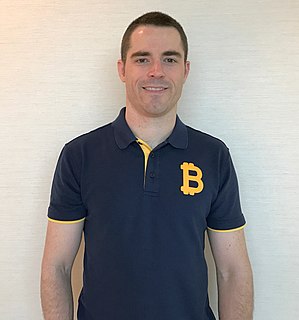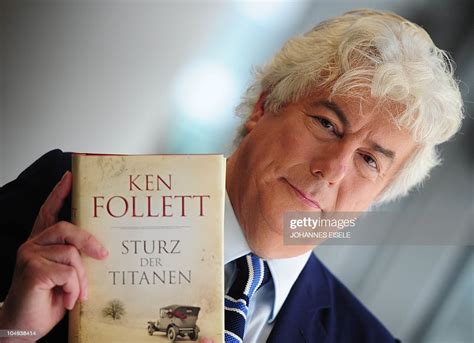A Quote by Jeremy Allaire
By design, Bitcoin is a scarce resource with a predictable supply of new issuance. And it is this scarcity and predictable supply that make it so attractive as an underlying asset to bind to economic activity and trade.
Related Quotes
The critical thing about the design process is to identify your scarcest resource. Despite what you may think, that very often is not money. For example, in a NASA moon shot, money is abundant but lightness is scarce; every ounce of weight requires tons of material below. On the design of a beach vacation home, the limitation may be your ocean-front footage. You have to make sure your whole team understands what scarce resource you're optimizing.
All economic activity is dependent upon that environment and its underlying resource base of forests, water, air, soil, and minerals. When the environment is finally forced to file for bankruptcy because its resource base has been polluted, degraded, dissipated, and irretrievably compromised, the economy goes into bankruptcy with it.
One cannot buy, rent or hire more time. The supply of time is totally inelastic. No matter how high the demand, the supply will not go up. There is no price for it. Time is totally perishable and cannot be stored. Yesterday's time is gone forever, and will never come back. Time is always in short supply. There is no substitute for time. Everything requires time. All work takes place in, and uses up time. Yet most people take for granted this unique, irreplaceable and necessary resource.
































